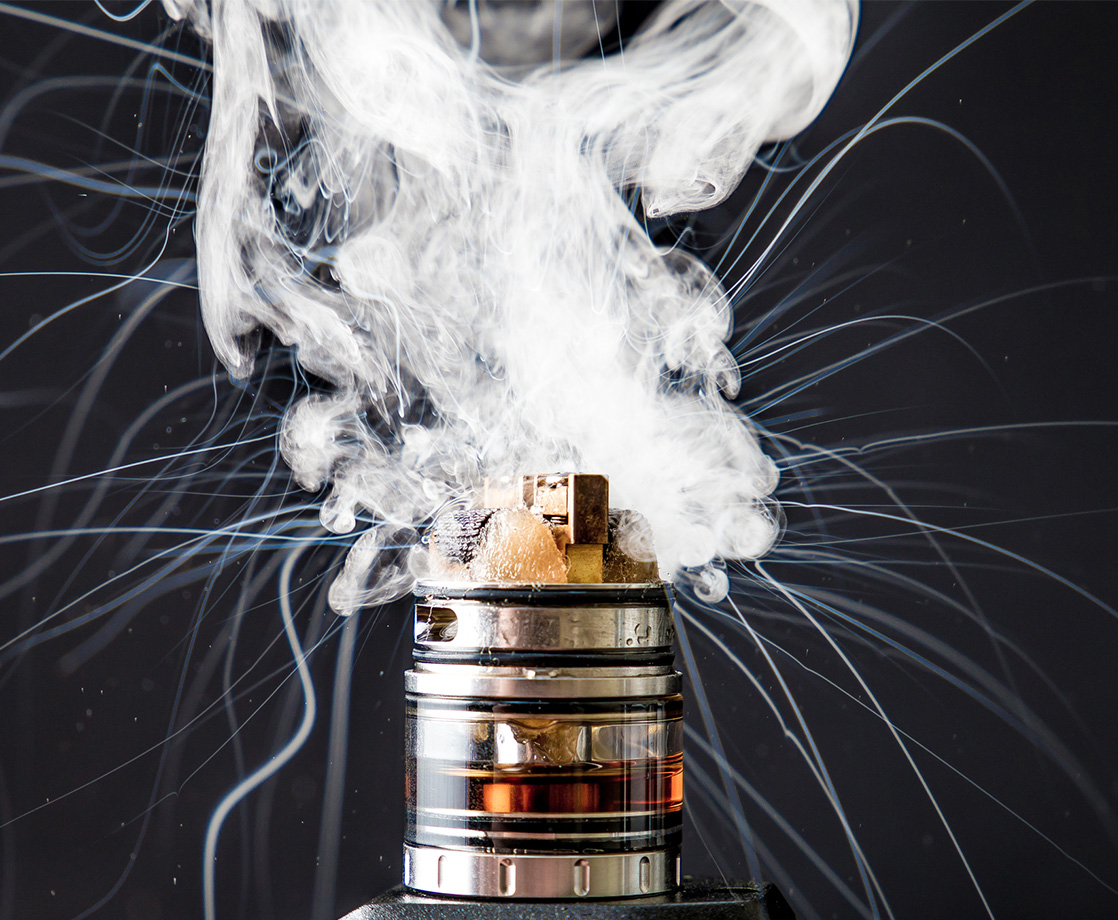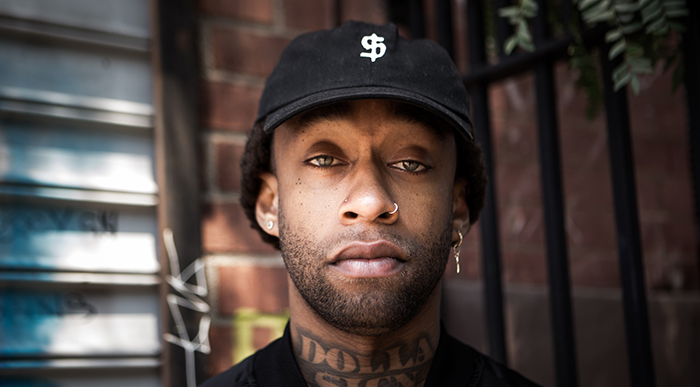Donald Trump’s international trade tariffs were supposed to bring jobs back to America. Raising the price of imported steel, aluminum, and more by up to 25%, the new taxes imposed on China, Mexico, the European Union, and others have instead caused domestic price hikes and employee layoffs in everything from motorcycle and beer keg plants to soybean farms and, potentially, cannabis companies.
According to a pair of reports from Marijuana Business Daily and Forbes, Trump’s tariffs will directly affect the price of vape products, grow lighting, greenhouses, large-scale extraction equipment, and more. Because many of those products are manufactured exclusively in China, cannabis businesses will presumably be stuck between a rock in a hard place, made to either absorb the rising price of operations or pass those fees on to customers.
“If I was in the vape industry or the lighting industry or greenhouse industry, I would be pretty concerned that costs were going to go up as the result of a trade war,” Kevin Hogan, president and co-founder of Oregrown, a vertically integrated cannabis company in Bend, Oregon, told MJBiz Daily.
First implemented by an executive order signed by president Trump in March, the new tariffs imposed a 25% tax on imported steel and 10% price hike on aluminum. In June, Trump upped the ante, adding 25% tariffs on Chinese technologies, batteries, and more, eventually taxing some $50 billion worth of goods.
Included in that second bundle of tariff add-ons are all components that make up standard cannabis vaporizers, including the slim batteries and cartridges that have become best sellers at most dispensaries across the legal weed landscape. But unlike steel plants and other Rust Belt manufacturing industries, the production of vape products originated and has remained near-exclusively in China, offering U.S.-based cannabis companies few other options to purchase their necessary product components.
“The difference between us and other industries is that all of the vaporizer manufacturers are based in China,” Josh Church, chief regulatory and compliance officer for Joyetech Group, a Chinese-based manufacturer of vaporizers for both e-cigarettes and the cannabis industry, told Marijuana Business Daily. “For the cannabis industry, there are very few [U.S.] domestic manufacturers of vaporizers.”
In Washington State, where outdoor growers often process sungrown bud into distillates and oils for the vape market, a spike in cartridge and extraction equipment prices could add pressure to a segment of the industry that is already being squeezed out by indoor and greenhouse growers.
“The Trump tariffs will undoubtedly hurt the rural parts of Washington State,” Greg James, the publisher of the magazines Marijuana Venture and Sun Grower, told Forbes. “There could well be a snowball effect that results in the outdoor growing community having an even harder time selling their crop.”
Late last month, Arnaud Dumas de Rauly, the co-CEO of The Blinc Group, a New York-based vaporizer developer, seller, and start-up incubator, testified in front of the Office of the U.S. Trade Representative, publicly rebuking Trump’s tariffs. Like most commonsense arguments against Trump’s executive orders, though, Dumas de Rauly’s pleas appear to have fallen on deaf ears, a disappointment that the vape CEO says will affect business, but should also act as an eye-opening moment for the cannabis industry going forward.
“Adding 25% tariffs on top of [hardware costs] really makes it hard to not pass this on to the consumer,” Dumas de Rauly told MJBiz Daily. “As a nascent industry, we are sometimes narrow-minded and focus specifically on the cannabis regulations and forget the rest.”
Follow Zach Harris on Twitter











